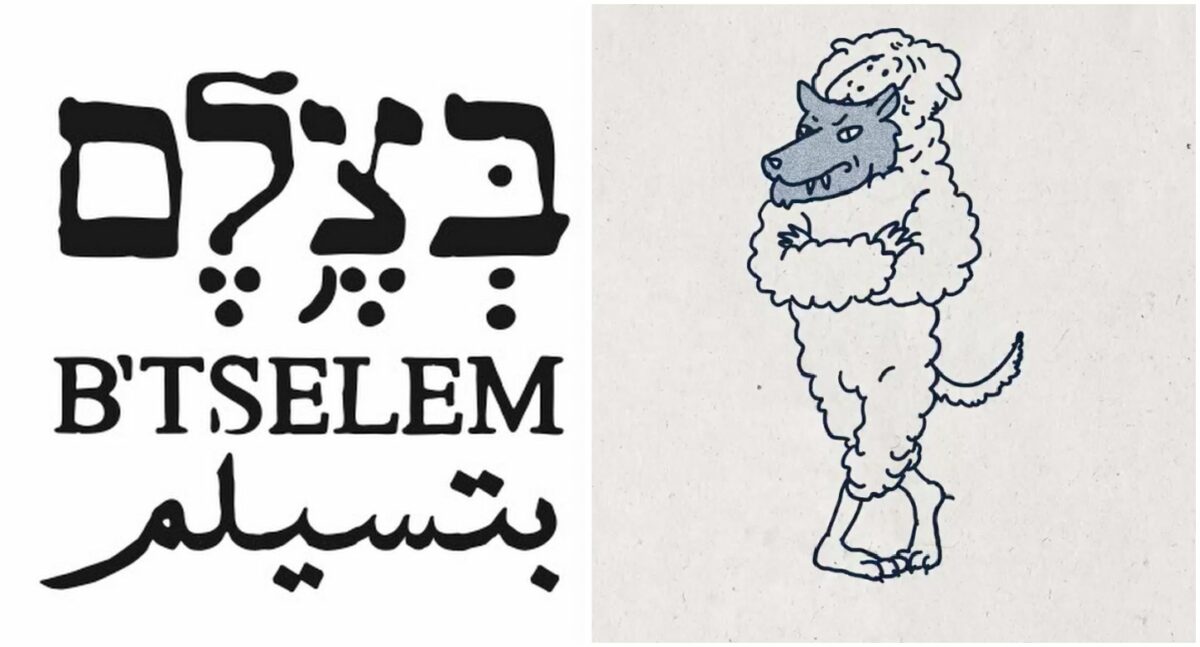What makes a human rights organization successful? Its ability to bring about human
rights advancements or its ability to capture extensive, uncritical media coverage?
International media outlets recently touted B’Tselem, the controversial Israeli NGO
which authored the publication, as Israel’s “leading human rights organization” in
coverage of the organization’s release of its baseless report demonizing Israel as
practicing apartheid and “Jewish supremacy.” A close examination of the organization’s
success in advancing rights of Palestinians, or more accurately lack thereof, exposes the
title’s falsity.
For example, the January 12 Associated Press’ article, republished in media outlets around
the world, referred to the organization as “a leading human right group.” By January 18, AP
upped the ante, publishing photograph captions labeling B’Tselem, “Israel’s premier
human rights group.”
If the criteria for gauging success of a human rights organization is advancing human rights, then B’Tselem comes up woefully short. Progress in improving human rights in Israel and the West Bank is a legal battle waged in the Israeli parliament (Knesset) and the courts, and in recent years B’Tselem has zero presence and accomplishments in these institutions.
Also striking is the fact that B’Tselem’s staff list includes no legal department or advisor although it is within the world of law that the human rights struggle is waged.
The lack of a legal department raises troubling questions about B’Tselem’s research and publications. How does the organization issue reports on international law without a dedicated legal team? The term “apartheid,” central to the eponymous new “This is Apartheid” report, is a legal term. What legal expertise does B’Tselem possess enabling it to expand the definition to apply to Israel and the Palestinian territories?
On the international level of advancing human rights, the battle is waged at the United Nations Council on Human Rights in Geneva, and B’Tselem is likewise absent from that key venue. A number of Israeli human rights organizations submitted briefs to the 2019 International Convention for the Elimination For All Forms of Racial Discrimination, the premier international mechanism for ensuring Israel’s compliance with human rights law. B’Tselem was not among them. Nor did B’Tselem contribute to the 2018 Universal Periodic Review on Israel.
B’Tselem’s accomplishments are limited to social media, mainstream media coverage, field trips, publications, reports, freedom of information requests, and community events, as detailed in the organization’s 2019 activity report.
But what of actual change on the ground in the field of human rights? While B’Tselem cannot point to any accomplishment in advancing human rights, it can bask in its star status among international journalists who shower it with uncritical coverage which falsely inflates the organization’s influence and impact.
Other Israeli human rights organizations, like Association for Civil Rights in Israel (ACRI), work within Israel’s legal system, bringing precedent-setting litigation to the High Court on a wide range of issues and advising on proposed bills in the Knesset. Out of ACRI’s staff of 36, 15 are lawyers belonging to the legal department. Aside from the legal department, ACRI’s executive director is an attorney, and the organization has a chief legal advisor. With its legal weight and activity, it makes a real impact on the ground.
Similarly, the Worker’s Hotline employs a staff of 16, of which five (over 30 percent) are lawyers. In 2018, the organizations served over 55,000 workers and recovered more than 25 million NIS which had been illegally withheld from workers. The Worker’s Hotline is also active in advancing Palestinian workers’ rights — and has published a list of on the ground achievements. In recent days, the Worker’s Hotline filed a petition with Israel’s High Court urging health insurance coverage for Palestinian workers employed and staying overnight in Israel.
Unlike ACRI and Worker’s Hotline, B’Tselem has no legal activity, much less accomplishments, to highlight. B’Tselem writes numerous reports slamming Israel’s High Court, but unlike ACRI, it can’t claim any victories there. A 2019 B’Tselem report accused Israel’s High Court of “Fake Justice.” But B’Tselem’s record suggests “fake human rights.”
Many human rights organizations are waging legal battles in Israel and accomplishing notable successes. B’Tselem is not one of them.

